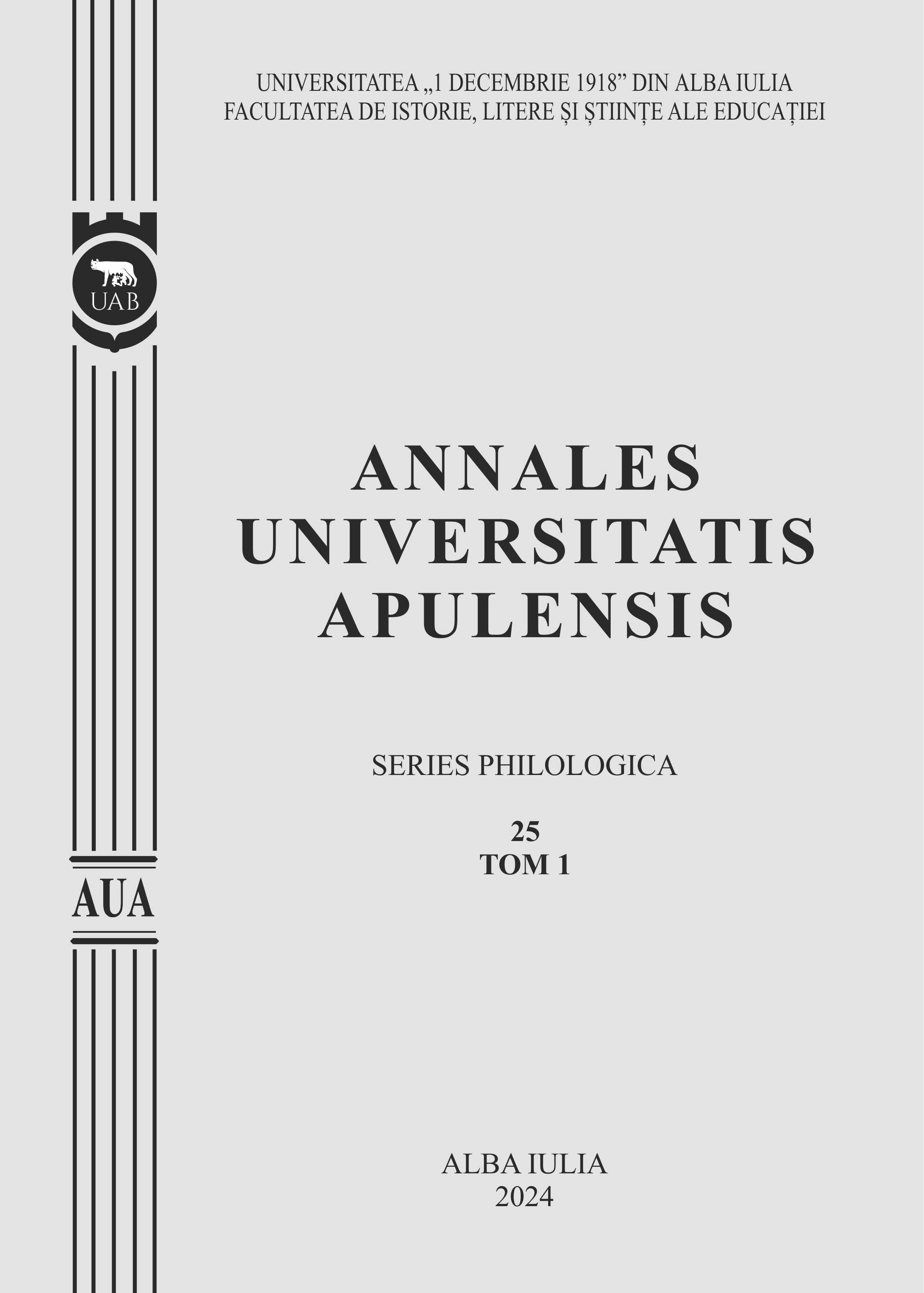INIȚIERI ALTERNATIVE. COMPLEXELE COPILULUI-FANTASY
ALTERNATIVE INITIATIONS. CHILD COMPLEXES IN FANTASY LITERATURE
Author(s): Alice JurcovețSubject(s): Language and Literature Studies, Studies of Literature, Comparative Study of Literature
Published by: Universitatea »1 Decembrie 1918« Alba Iulia
Keywords: dead mother complex; double and alterity; Fantasy; child; mourning
Summary/Abstract: dead mother complex; double and alterity; Fantasy; child; mourning This article aims to reveal a number of complexes of the child-character in 20th century children's fantasy literature. Based on the theories formulated by Freud's disciples, we have tried to illustrate the nature of character complexes that are anchored in the real world, especially if the authors of Fantasy writings have suffered the same traumas as the characters they depict.The fantasy genre has a difficult relationship with motherhood - although it is acknowledged that the protagonists must have appeared from somewhere, often only fatherhood is considered important, while mothers, if mentioned at all, are usually either dead or irrelevant: unmentioned or relegated to a convent. If mothers or stepmothers - another type of maternal figure - persist in life into their children's adulthood, they are most often presented as an obstacle to their child's self-realisation or self-seeking or, as is most common with the archetypal stepmother, present a real threat to the protagonist. Nevertheless, the mother is the model that the child follows, as she guides the child's steps towards the elementary discoveries of development: the mother reads to the children, the mother leaves them letters, the mother tells them moral stories, cultivating their desire for further evolution and development.The dead mother complex theorized by Green refers to the Mother as a clinically observed phenomenon, sometimes difficult to identify in the subject's discourse, but always present in a large number of patients. It is described as a psychic process of reconfiguration whereby the image of a living and loving mother becomes a distant figure, a dead parent-like character, tone-deaf, a virtually inanimate object. In reality, although the mother in the child's family universe remains alive, she has psychically 'died' for the child. This produces observable symptoms of depression in children, who will transfer and retain these inner feelings throughout their adult lives, because the experience of losing the mother's love is logically followed by the loss of meaning in life. Nothing makes sense to the child, although, seen from the outside, life seems to continue under the appearance of normality.
Journal: Annales Universitatis Apulensis. Series Philologica
- Issue Year: 25/2024
- Issue No: 1
- Page Range: 156-164
- Page Count: 10
- Language: Romanian

